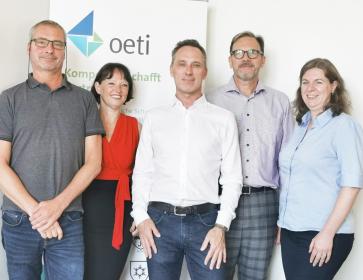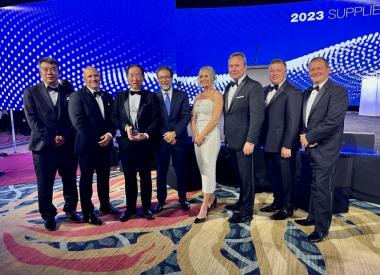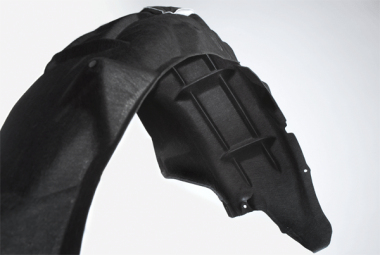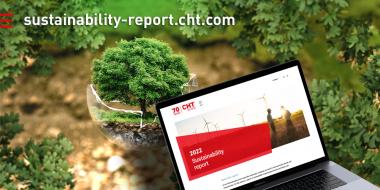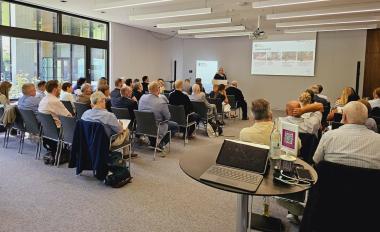Technical textiles made of natural fibres: Sustainable textiles for lightweight design
The combination of high strength and rigidity with sustainability and a neutral carbon footprint makes flax the ideal raw material for natural fibre-reinforced plastics. vombaur offers composite textiles made of this natural fibre for the automotive, wind power, construction or sports industries and many other sectors.
Flax fibres are rigid and tear-proof. They have natural bactericidal properties, are virtually antistatic, stain resistant and easy to spin. Humans have taken advantage of these properties to manufacture robust, stain-resistant and lint-free textiles. Between the late 19th and late 20th centuries, cotton largely replaced natural fibres. Because flax can be grown in Europe and consumes less energy and water than cotton production, the material's importance is currently growing again, for both clothing and composites. Regional textile value added chains in Europe – flax makes them possible.
Ideal mechanical properties
vombaur makes the mechanical properties of flax usable for lightweight design. Because flax fibres are particularly rigid and tear-resistant, they ensure great stability in natural fibre-reinforced plastics (NFRPs). And thanks to their low density of 1.50 g/cm3, the fibres weigh virtually nothing. On top of this, fibre-reinforced plastics are less prone to splintering than glass fibre-reinforced plastics.
Excellent carbon footprint
The cultivation of flax binds CO2 and the production of natural fibre-reinforced plastics (NFRPs) generates approximately one third less CO2 emissions compared with conventional fibre-reinforced plastics. Energy consumption is substantially lower. This saves resources. The use of flax fibre tapes by vombaur in lightweight design applications also improves the product's carbon footprint and contributes to a secure, regional supply chain.
Recycling without impacting on quality
Flax offers another sustainability benefit: more recycling cycles than glass- or carbon fibre-reinforced plastics – without impacting on quality. Thermoplastic fibre-matrix prepregs are melted and reused in the recycling process. The natural fibres can be used in other products such as natural fibre-reinforced injection moulded parts.
Sustainable product developments for many industries
"Orthoses for high-performance sports, high-tech skis, wind turbines, components for the automotive industry or aerospace, but also modern window profiles – the application scope for our lightweight design flax tapes is amazingly diverse", as Carl Mrusek, Chief Sales Officer at vombaur explains. "After all, wherever flax tapes are used, three key properties come together: light weight, strength and sustainability".
CO2
vombaur















